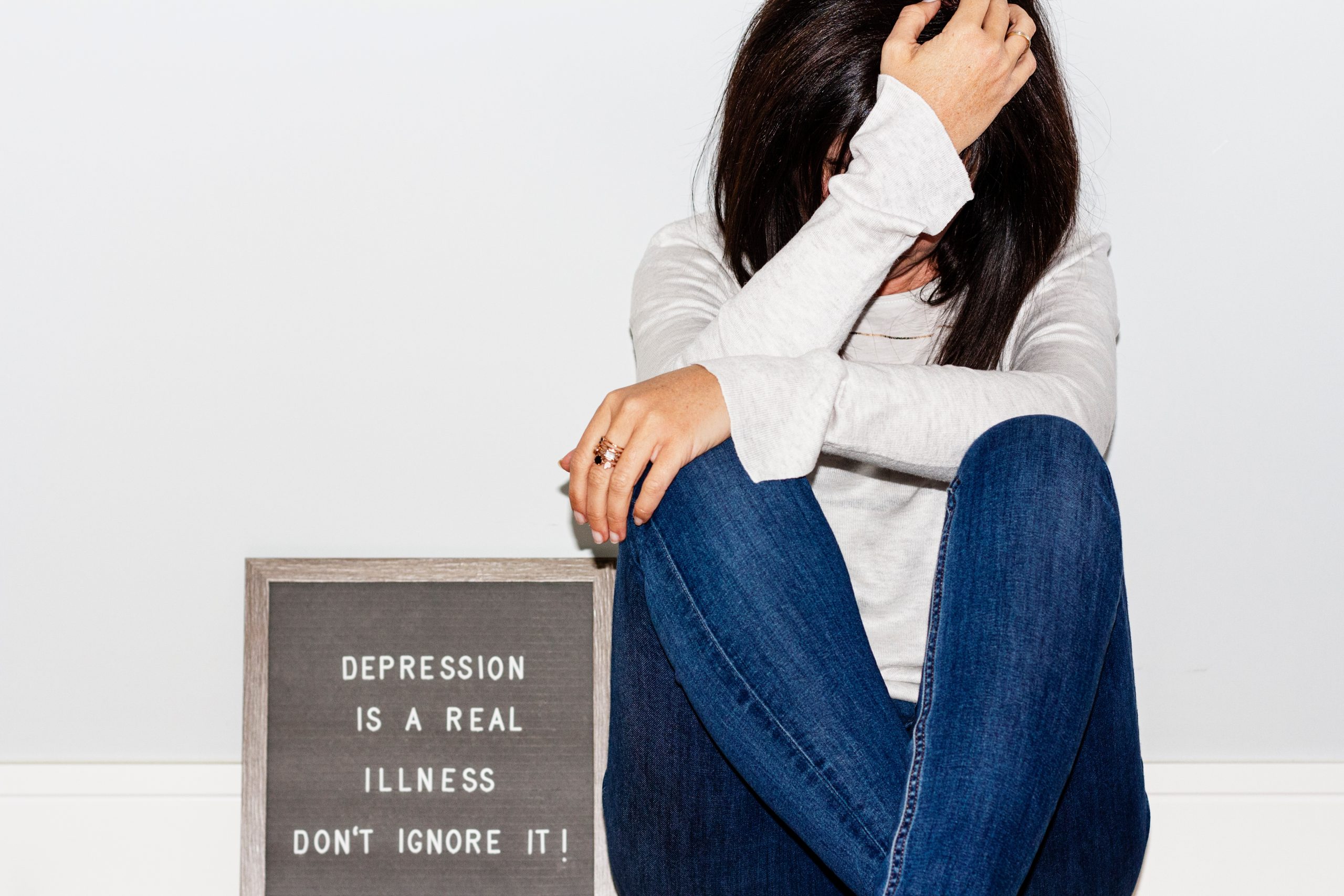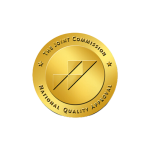What You'll Learn:
- Dysthymia and depression share similarities but also have distinct differences.
- Understanding these nuances is crucial for proper diagnosis and treatment.
- Let's explore the key similarities and differences between dysthymia and depression, with a focus on how these conditions can affect individuals recovering from addiction.
Living with a mental health condition can be particularly challenging for individuals recovering from addiction. Substance use disorders often co-occur with mood disorders like dysthymia and depression, complicating the recovery process and necessitating specialized care and attention.
Similarities between Dysthymia, Depression, and Addiction
Both dysthymia and depression can contribute to the onset or exacerbation of substance use disorders. Individuals experiencing persistent feelings of sadness or hopelessness may turn to drugs or alcohol as a means of self-medication or coping with emotional distress. Similarly, substance use can worsen symptoms of depression or dysthymia, creating a vicious cycle of dependence and mental health struggles.
Moreover, addiction and mood disorders share underlying neurobiological mechanisms, including alterations in brain chemistry and neurotransmitter function. These shared pathways underscore the interconnectedness of addiction and mental health, highlighting the importance of integrated treatment approaches that address both conditions simultaneously.
Differences in Treatment Approaches
While the co-occurrence of addiction and mood disorders presents unique challenges, it also underscores the importance of comprehensive treatment strategies. In addition to addressing substance use, individuals with co-occurring dysthymia or depression may benefit from therapies that target underlying psychological factors contributing to their mood symptoms.
Integrated treatment programs combine evidence-based interventions for addiction with psychotherapeutic approaches tailored to address mood disorders. By addressing the root causes of addiction and mental health issues concurrently, individuals can achieve lasting recovery and improved overall well-being.
Recent Insights and Statistics
Recent research has highlighted the prevalence and impact of co-occurring addiction and mood disorders. According to the Substance Abuse and Mental Health Services Administration (SAMHSA), approximately 48 million people in the United States experienced both a substance use disorder and a mental health condition in 2022.
Furthermore, a study published in the Journal of Substance Abuse Treatment found that individuals with co-occurring addictions and mood disorders often face greater challenges in treatment engagement and retention. However, integrated treatment approaches have been shown to improve outcomes and reduce the risk of relapse among this population.
Seeking Integrated Treatment
If you're struggling with addiction and co-occurring dysthymia or depression, know that you're not alone. At American Recovery Center, we specialize in providing integrated treatment for individuals facing substance use disorders and mental health challenges.
Our holistic approach addresses the complex interplay between addiction and mood disorders, empowering individuals to achieve sobriety and emotional wellness simultaneously. Don't let addiction and mental health issues hold you back from living a fulfilling life. Contact us today at 866-484-2502 to learn more about our integrated treatment programs and take the first step toward recovery.
By addressing the unique needs of individuals recovering from addiction, we aim to provide valuable insights and support to those navigating the complexities of co-occurring mood disorders. Through integrated treatment and compassionate care, recovery is possible, and healing can begin.


